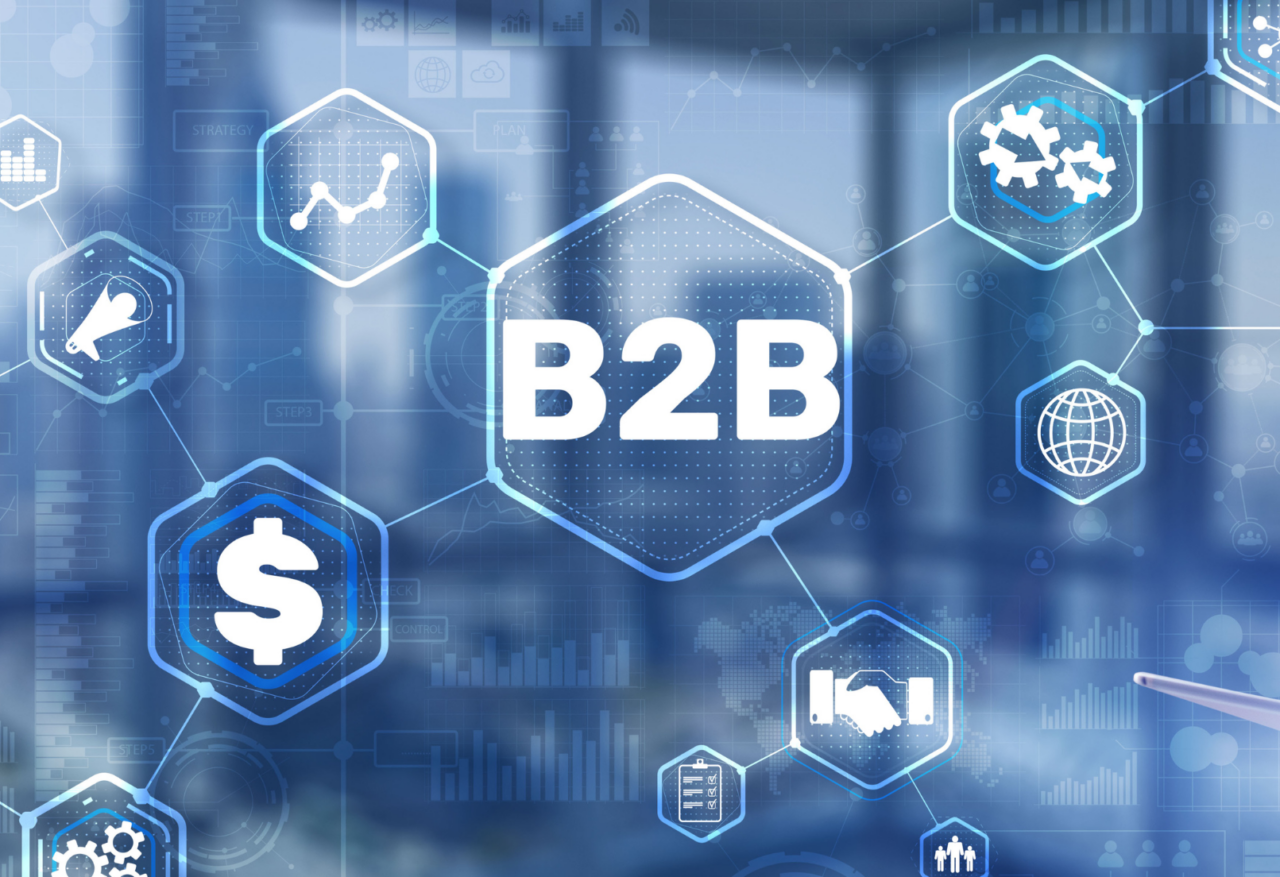The surge in digital payments brought on by the pandemic is already well storied. Almost anyone who’s bought something in the last year can attest first-hand to the rise in e-commerce and contactless payments. But let’s be clear, this is not a sudden transformation, B2B payments is the real digital revolution. The critical digital infrastructure for consumer payments was laid over the last decade with the introduction of contactless cards, seamless online checkouts, and the emergence of highly popular digital banks. It’s only now that acceptance and adoption is being accelerated by necessity during the pandemic, and there’s no going back.
Meanwhile, B2B payments have been left in the dark ages. Fintech’s have a critical role to play here, helping accelerate innovation in business payments and at the pace that is needed.
It’s baffling to think that a vast amount of B2B payments are still heavily reliant on paper checks. Paper payments are manual, slow, and dependent on the mailing system. And the physicality of business payments doesn’t stop here. Opening corporate bank accounts still must be done in-person and supporting payment documentation signed for, then mailed or faxed.
Paper payments are manual, slow, and dependent on the mailing system. And the physicality of business payments doesn’t stop here. Opening corporate bank accounts still must be done in-person and supporting payment documentation signed for, then mailed or faxed.
Business payments have become yet another operational headache this pandemic has thrown at companies. Quick fixes, such as moving to DocuSign for payment validation have been readily adopted, but the journey to overhaul the crumbling legacy systems banks and other financial institutions rely on for payment processing has only just begun.
Switching to digital will take longer for B2B payments than it did for consumer payments. And so, although the real digital revolution is now underway, it will take several years before it beds in across the global financial system. Traditional financial institutions will start to bring in payment portals and other features that mimic the consumer experience, but for most, the task is too great to do in-house. This will create opportunities for another cohort of fintech’s that can provide the critical digital infrastructure they lack, leading to a flourishing of Software and Banking as a Service (SaaS and BaaS) business models in payments.
Digitalizing these payment flows will have a far greater impact and benefit on the health and functioning of the entire financial system for your business. A payments platform like PaidYET is an essential tool for any business, whether youre a B2B SaaS, software or marketplace. Adapting to new payment technology can impact your customers perception leading to customer loyalty.
Sign up today to get started.



